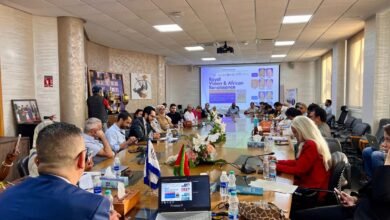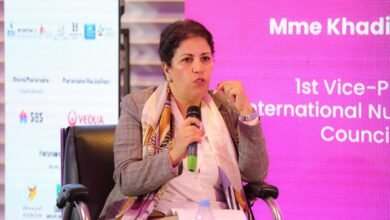At UN Forum in Geneva, Morocco Promotes Responsible Business Conduct to Advance Human Rights and Sustainable Development
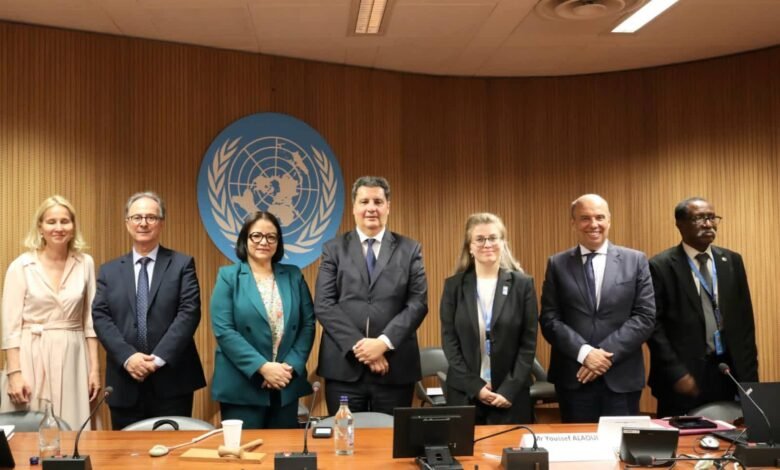
The Interministerial Delegation for Human Rights and the Permanent Mission of Morocco to the United Nations Office in Geneva organized a high-level meeting on Tuesday, July 1, under the theme: “Responsible Business Conduct: Challenges and Opportunities to Promote Human Rights.” The event took place on the sidelines of the 59th session of the UN Human Rights Council, with the participation of the Moroccan delegation led by Mr. Mohamed Habib Belkouch, Interministerial Delegate for Human Rights.
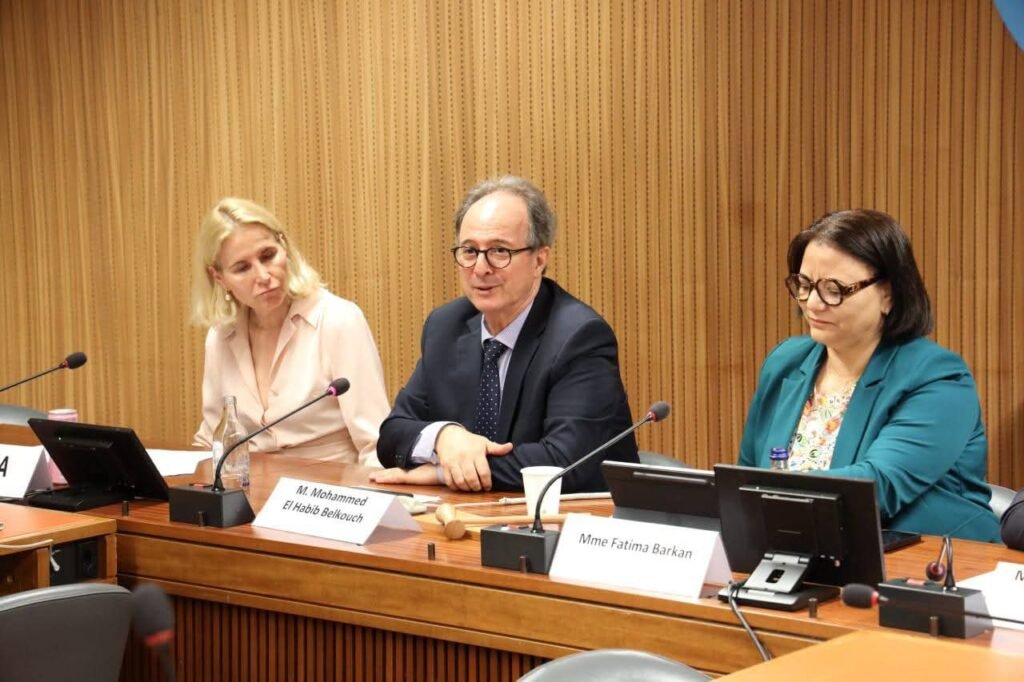
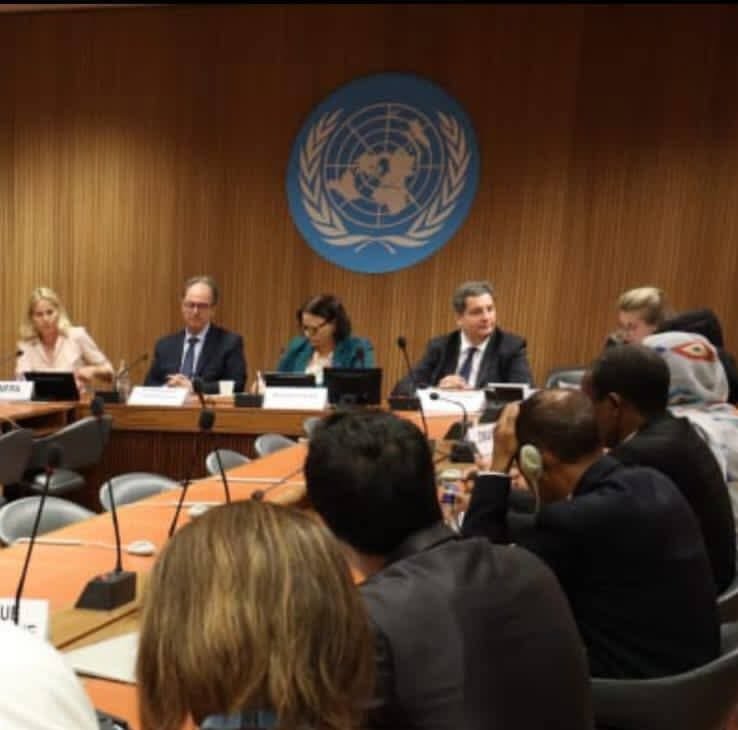
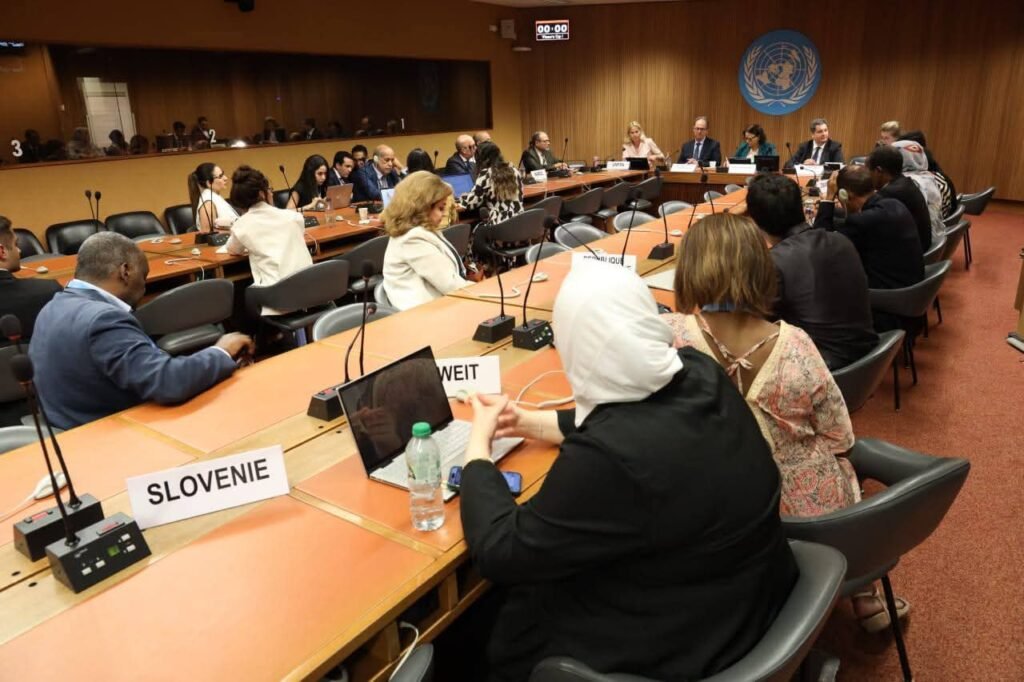
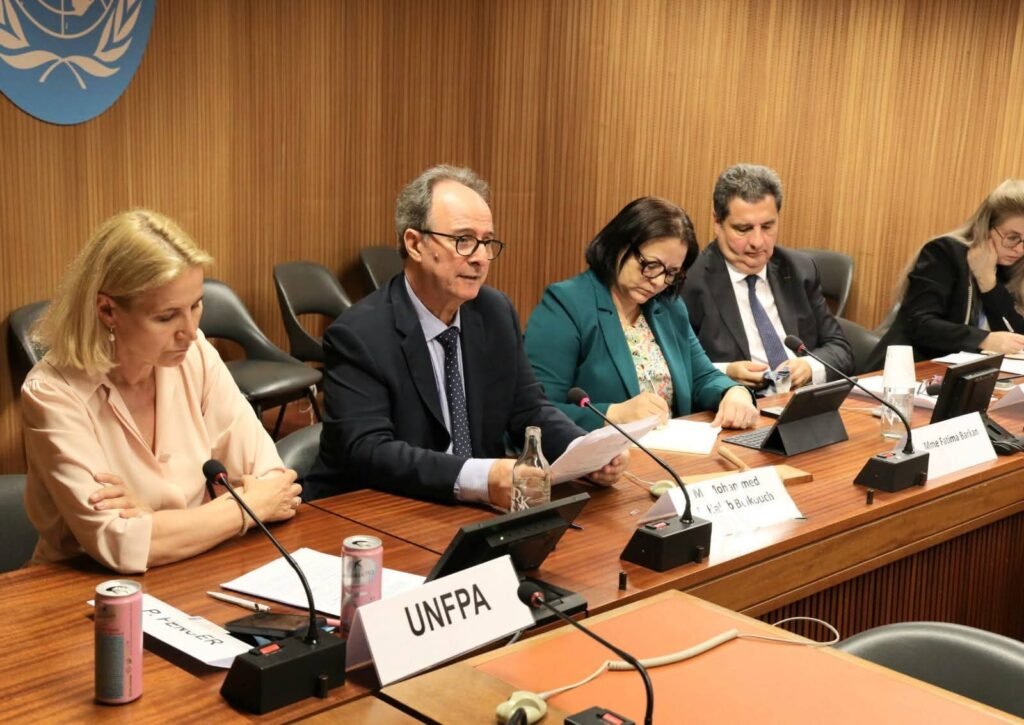
Participants included Mr. Omar Zniber, Morocco’s Permanent Representative to the UN in Geneva; Mr. Youssef Alaoui, head of the CGEM group in the House of Councillors; Ms. Pernille Fenger, Director of the UNFPA Office in Geneva; and Ms. Olga Nelova, UNDP specialist on Business and Human Rights.
In his address, Mr. Belkouch emphasized that the connection between business and human rights is an emerging and relevant issue due to its close link to development, policy, and economic activities—especially in a rapidly changing world impacting the human rights landscape. He positioned this meeting as a continuation of discussions held at the Arab-African Forum organized by the Interministerial Delegation in Marrakech on June 24–25, 2025, which gathered over 300 participants from 32 Arab and African countries. The forum included government officials, parliamentarians, national human rights institutions, monitoring mechanisms, international organizations, experts, academics, civil society, and the private sector.
Mr. Belkouch noted that the forum led to important outcomes, particularly in using regional platforms to complement international and regional human rights systems. It aimed to strengthen cooperation and share best practices—insights he shared with attendees at the Geneva meeting. He stressed that these outcomes will form the basis of collective thinking toward fostering responsible business conduct, balancing human rights respect with economic growth that supports business prosperity.
He added that the Marrakech Forum offered an opportunity to present experiences and address key challenges, particularly implementing international standards while turning commitments into concrete achievements. It also discussed how regional and international dimensions contribute to anchoring the relationship between business and human rights, promoting national stability and development by aligning economic policy with human rights principles.
Furthermore, the discussions extended to the possibility of establishing an international legal framework defining state responsibilities and linking legal and voluntary obligations of businesses. The goal is to strike a balance between investor interests, labor rights, and legal clarity in the workplace.
The forum also highlighted the importance of the UN Guiding Principles and OECD Guidelines as foundational references. A session was dedicated to the Sustainable Development Goals (SDGs), with a focus on economic, social, and environmental rights tied to corporate activities. Key points included natural resource sustainability, climate change, gender equality, and other SDG-related challenges, alongside ways to enhance the role of businesses in achieving these goals.
Mr. Belkouch also discussed emerging concepts such as social responsibility, solidarity-based approaches, and civic-minded businesses. He emphasized that these ideas require clear strategies and broad mobilization—not just vague slogans. He concluded by underlining the importance of strategic planning and the conditions needed to fulfill corporate commitments in support of human rights.




